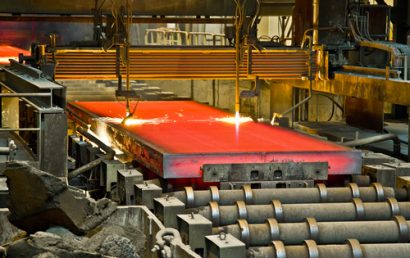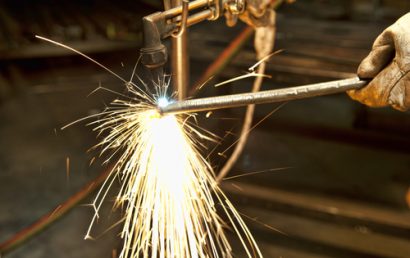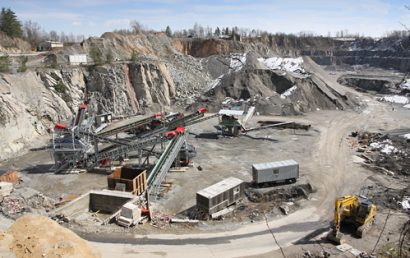Do Polyethylene Tanks Make Effective Corrosive Chemical Storage Solutions?
For individuals or companies searching for the ideal method of corrosive chemical storage, or engineers composing specs for a system that will store chemicals, the creation of a storage system considered safe is comprised of numerous factors. Things to consider:
- Tank longevity
- Installation
- Delivery
- Accessories and fittings
- Initial tank price
When corrosive chemicals are being stored, two of the most important factors to consider is longevity and durability. Failure of either of these could mean leakage. The chemical that is being stored is a huge factor when considering the dynamics listed above. It’s costly to repair degradation and leaks. But if a tank was never correctly engineered for corrosive material storage in the first place, it can be even more costly.
What is the best, most secure material for corrosive chemical storage tanks?
The Chemicals You Store
Upon contact, other substances are destroyed or damaged by corrosive chemicals. The most corrosive chemicals have the highest concentration, in most cases. Just the fumes of chemicals like these can cause lung and eye irritation, as well as the chemicals themselves damaging live tissue (burns). Here are some corrosive chemicals which are commonly stored:
- Sodium hydroxide
- Nitric acid
- Sodium hypochlorite
- HCl
- Sulfuric acid
- Peracetic acid
Particularly at higher temperatures, metal can be corroded by most of those chemicals. Flammable hydrogen gas is given off when these substances corrode metals.
Plastic storage tanks, however, offer no corrodible metal and, therefore, no fumes that could be considered hazardous. So, for storing corrosive chemicals, the preferable tank material is polyethylene.
However, not every polyethylene is alike! One type may better suit the needs of a material handling company than will another type.
Polyethylene Tanks For Corrosive Chemical Storage
Polyethylene is available in several forms:
- XLPE (high-density cross-linked)
- HDPE (high-density)
- Medium density
This plastic is highly durable. High-density and medium polyethylene’s are normally linear. What this means is that the plastic’s polymers, rather than being knotted in nature, are joined in a twisted formation such as the fibers in a rope.
XLPE has great tensile strength and impact strength because a superior product is created when the plastic molecules are bonded and linked. To picture this, imagine it being similar to the metal linked together in a chain-link fence. XLPE is unparalleled in the following categories:
- Dimensional stability
- Heat resistance
- Chemical resistance
Polyethylene’s – The Chains That Bond
The covalent bonds in cross-linked polyethylene connect to its polymer chains. These bonds lengthen the polymer chains and tie the polymers together. That means that corrosive materials are better resisted by this polyethylene. Provided by this molecular structure are the following:
- Improved toughness
- Greater useful life
- Superior stress cracking resistance
All of these factors are particularly evident when compared to linear polyethylene.
Polyethylene Coatings and More
A&A Coatings offers a plethora of protective coatings. Our polyethylene coatings can help protect against what would ordinarily be considered corrosive environments.
Talk to one of our specialists today to help determine what precise kind of coating and application method best suits your needs. You may be surprised at how many businesses within your industry are already using our services!
Contact us today for information.




